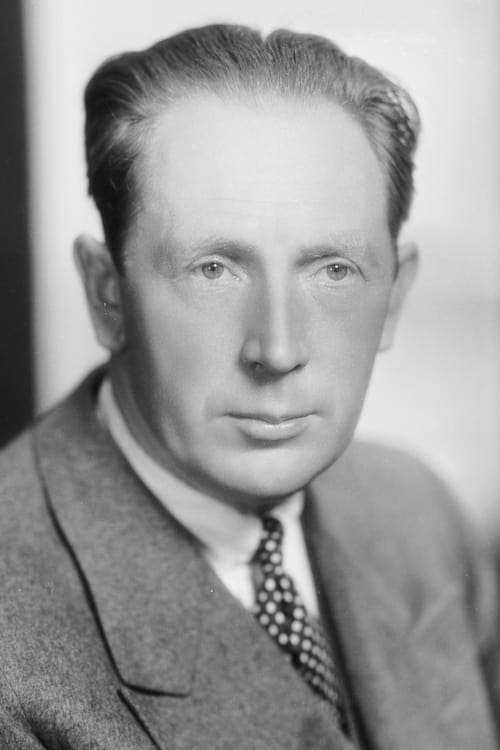
F. W. Murnau
Nacimiento : 1888-12-28, Bielefeld, North-Rhine-Westphalia, Germany
Muerte : 1931-03-11
Historia
Director de cine alemán, nacido en Bielefeld, que aficionado desde muy pequeño al teatro por su padre, estudia Filología en Berlín e Historia del Arte y Literatura en Heidelberg. En 1908 se unió a la compañía teatral de Max Reinhardt. Su servicio militar durante la I Guerra Mundial termina en 1917 con su internamiento en Suiza. De regreso a Alemania, su carrera como director de cine comienza en 1919 con Der Knabe in Blau (El muchacho en azul). De su periodo mudo en aquel país se ha perdido prácticamente todo, aunque entre las películas que se han salvado están Nosferatu, el vampiro (1922), basada en la novela Drácula de Bram Stoker, y tres protagonizadas por el gran actor austriaco Emil Jannings: El último (1924), Tartufo (1926) y Fausto (1926). De 1926 en adelante, Murnau trabajó en Estados Unidos. Allí dirigió Amanecer (1927), por la que recibió un Oscar a la calidad artística de la producción, antes de viajar a Tahití, en 1929, con el documentalista Robert Flaherty con el que hizo su última película, Tabú, estrenada tras su muerte en accidente automovilístico en California.

Thanks
A man trapped in purgatory must come face to face with his own demons.

Himself (archival footage) (uncredited)
Documentary focusing on the film careers F.W. Murnau, Frank Borzage and William Fox and their impact on the history of cinema.

Himself (archive footage)
A documentary on the life and films of F.W. Murnau

Himself (archive footage)
Documental sobre la realización del film de F.W. Murnau "Fausto" (1926).

Director
The film depicts one of the great hunts the South Sea Islanders. Come schools of fish in one of the bays on the island, so hurry on an alarm signal all the people out to sea to seal off the bay to drive the fish towards the coast and to impose there with spears.
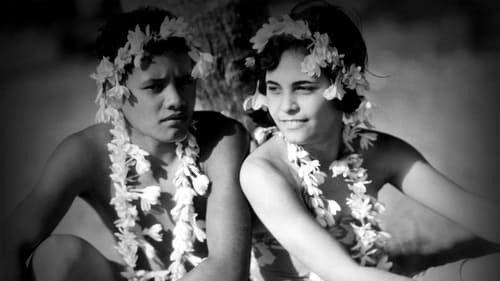
Producer
Última película de Murnau, que empezó como una colaboración para escribir y dirigir conjuntamente con el famoso documentalista Robert J. Flaherty, aunque por diversos problemas sólo la firmó Murnau. Rodada en Tahití y Bora-Bora retrata en forma casi de documental, al igual que "Nanook of the North" hacía con los esquimales, las costumbres y modo de vida de la gente del pacífico sur.

Screenplay
Última película de Murnau, que empezó como una colaboración para escribir y dirigir conjuntamente con el famoso documentalista Robert J. Flaherty, aunque por diversos problemas sólo la firmó Murnau. Rodada en Tahití y Bora-Bora retrata en forma casi de documental, al igual que "Nanook of the North" hacía con los esquimales, las costumbres y modo de vida de la gente del pacífico sur.

Director
Última película de Murnau, que empezó como una colaboración para escribir y dirigir conjuntamente con el famoso documentalista Robert J. Flaherty, aunque por diversos problemas sólo la firmó Murnau. Rodada en Tahití y Bora-Bora retrata en forma casi de documental, al igual que "Nanook of the North" hacía con los esquimales, las costumbres y modo de vida de la gente del pacífico sur.
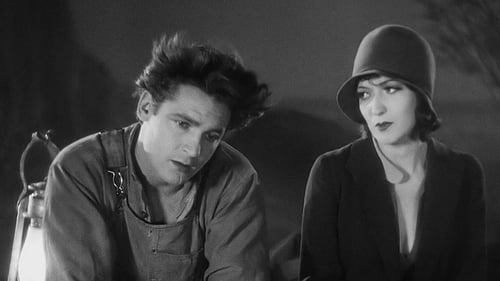
Director
Primer film sonoro de Murnau (y último de ficción). Durante su producción y rodaje (en tierras americanas, donde había realizado ya la obra maestra "Sunrise"), surgieron importantes divergencias del director alemán con el dueño de la Fox, William Fox. La más importante fue la imposición de ser un film hablado (Murnau comenzó la película siendo muda), dado el fulgurante éxito del cine sonoro, así como la incapacidad del estudio por conseguir a la estrella Janet Gaynor (protagonista de "Amanecer"). Murnau, desencantado, decidió una vez acabada la película asociarse con el documentalista Robert J. Flaherty, para rodar "Tabu" sin ningún tipo de imposición de los estudios. "El pan nuestro de cada día" está basada en la obra "The Mad Turtle", de Elliott Lester, y narra la historia de un joven de Minnesota que va a Chicago y se enamora.

German documentary about Hollywood

Director
The circus provides the backdrop for this melodrama that chronicles the lives of four children raised within the big top. Film historian and collector William K. Everson stated that the only surviving print was lost by actress Mary Duncan who had borrowed it from Fox Studios. In the December 1974 issue of "Films in Review," he explained that Mary Duncan, one of the film's stars, wanted it to show to a group of friends in Florida. The star was aware that it was a dangerous nitrate print and assumed that Fox had others. She threw the only copy in the ocean, a mistake characterized by Everson as "a monumental blunder to rank with Balaclava, Sarajevo, and the Fall of Babylon as one of history's blackest moments."
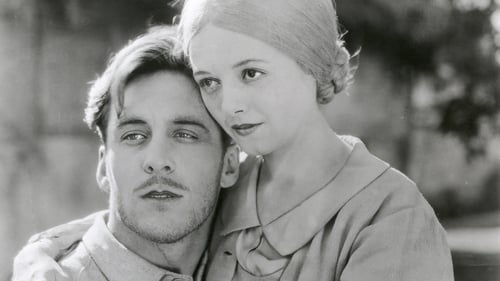
Dancer (uncredited)
Un granjero convive felizmente en el campo con su esposa. Pero la aparición de una seductora mujer de la ciudad hace que comience a enamorarse de ésta, y a pensar que su mujer es un estorbo que se interpone en la felicidad entre él y su nueva y sofisticada amante.

Director
Un granjero convive felizmente en el campo con su esposa. Pero la aparición de una seductora mujer de la ciudad hace que comience a enamorarse de ésta, y a pensar que su mujer es un estorbo que se interpone en la felicidad entre él y su nueva y sofisticada amante.
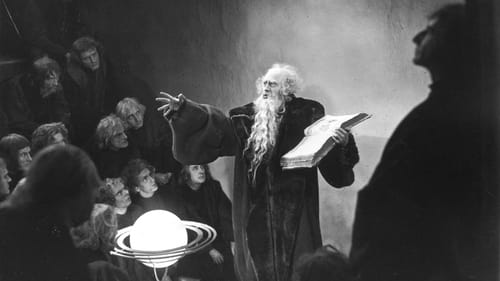
Director
Relata la historia de un célebre pensador que después de buscar sin descanso la esencia del conocimiento y la verdad oculta de las cosas, es tentado por el diablo y vende su alma.
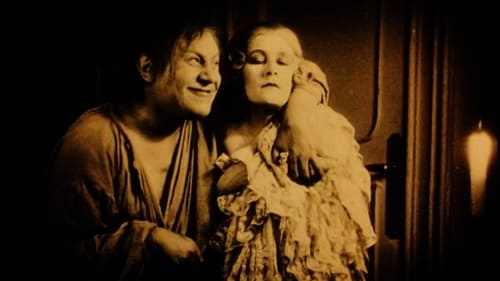
Director
Fábula moral basada en la famosa comedia de Moliere sobre la hipocresía de un hombre que quiere adueñarse de una gran fortuna.
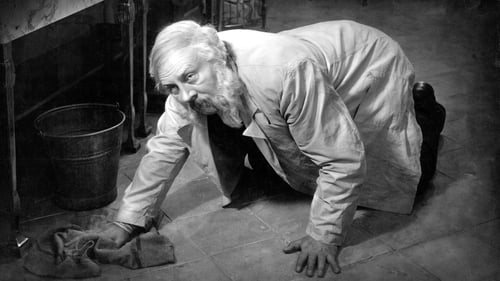
Director
Un portero de un lujoso hotel, es bruscamente degradado a mozo de los lavabos. Privado de su antiguo trabajo y del uniforme que le identifica, intenta ocultar su nueva condición, pero su vida se desintegra lentamente.

Writer

Himself
The only surviving excerpt of a documentary on film production in Weimar Germany, featuring the different personalities of several famous directors of the era at work on the set including Fritz Lang, Robert Wiene, and E.A. Dupont.
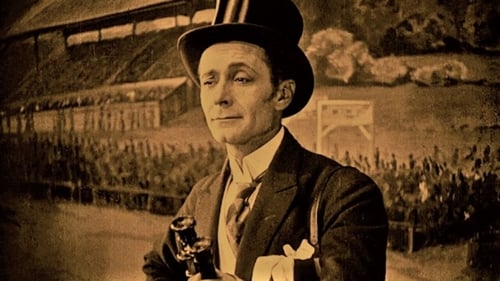
Director
Cinta de intrigas 'palaciegas' ambientada en el diminuto ducado mediterráneo de Abacco.

Director
A lost Murnau peasant-farm film.
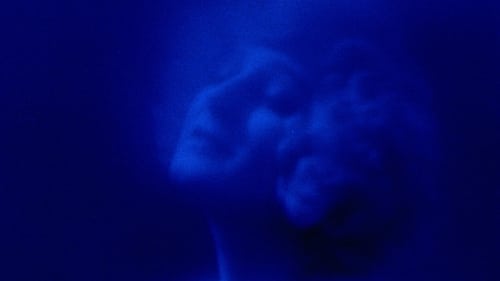
Director
Adaptación de una novela de Gerhart Hauptmann, que mediante la historia de amor no correspondido de un contable opone a la sordidez del mundo proletario y pequeño burgués con el ambiente cosmopolita de los ricos.

Director
Drama rural de luchas familiares por la posesión de la tierra que escenifica la pasión y la codicia, las supersticiones y las leyendas, en una narración expresionista. (FILMAFFINITY)

Director
Año 1838. En la ciudad de Wisborg viven felices el joven Hutter y su mujer Ellen, hasta que el oscuro agente inmobiliario Knock decide enviar a Hutter a Transilvania para cerrar un negocio con el conde Orlok. Se trata de la venta de una finca de Wisborg, que linda con la casa de Hutter. Durante el largo viaje Hutter pernocta en una posada, donde hojea un viejo tratado sobre vampiros que encuentra en su habitación. Una vez en el castillo, es recibido por el siniestro conde. Al día siguiente, Hutter amanece con dos pequeñas marcas en el cuello, que interpreta como picaduras de mosquito. Una vez firmado el contrato, descubre que el conde es, en realidad, un vampiro. Al verle partir hacia su nuevo hogar, Hutter teme por Ellen.
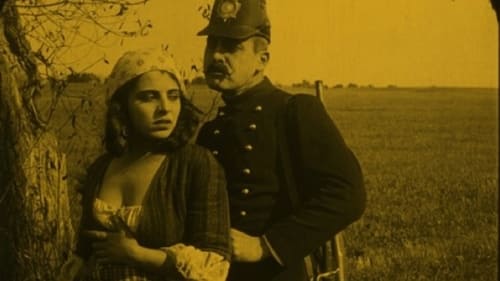
Director
All men are under lovely Marizza’s spell. Tired of working for the old woman Yelina, who forces her to cajole customs officials to help the smugglers, she flees and finds work at Mrs. Avricolos’ farm. The latter is in business with an unscrupulous moneylender, whose daughter is promised to Leone, the family’s eldest son. But Leone will fall quickly for Marizza...
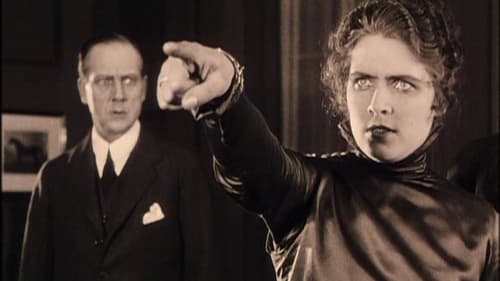
Director
En el castillo Vogeloed, unos aristócratas están esperando a la baronesa Safferstatt, cuando, de repente, aparece el indeseable conde Oetsch, al que nadie había invitado. Todos están convencidos de que él asesinó a su hermano, el primer marido de la baronesa Safferstat. Sin embargo, Oetsch, pese a no ser bien recibido, se queda en el castillo, arguyendo que él no sólo no es el asesino, sino que además encontrará a quien mató a su hermano.

Director
Ivan, a poor Russian student, lives in Switzerland. He is unexpectedly invited to Russia by a distant relative, Princess Wirsky. To finance the journey, he works as a messenger for revolutionaries who want to depose Grand Duke Wirsky. In Moscow, he delivers the message and falls in love with Marja, the daughter of the revolutionary, but Marja's father loves Princess Wirsky and wants to betray the revolutionaries. The princess falls in love with Ivan, and jealously deports Marja to Siberia. In revenge, Ivan strangles the princess. He spends the rest of his life yearning for Marja, whom he has never kissed. When he receives the news of Marja's death, he commits suicide.

Director
Dr. Egil Börne, an eminent physician, comes under the spell of an unscrupulous cabaret dancer and deserts his fiancée. The plot finds echoes throughout the Weimar period, including Sternberg’s The Blue Angel. Conrad Veidt appears in a supporting role as a sinister blind painter, whose entrance eerily presages Murnau’s Nosferatu. Der Gang in die Nacht, the earliest surviving film by F. W. Murnau, is also, paradoxically, the only Murnau film for which the original camera negative exists.

Director
Cheston, a millionaire, is looking after Maud, a beautiful woman from the 'demimonde'. Her brother, Brilburn, forces her to ask her rich admirer for an expensive piece of jewelry. Cheston buys a precious pearl necklace.
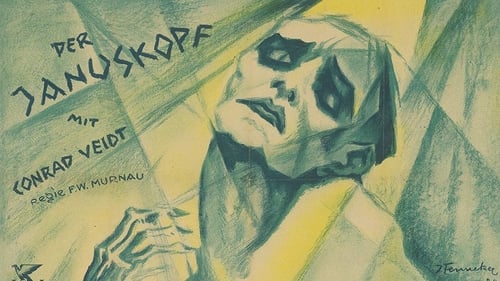
Director
The film was an unauthorized adaptation of Robert Louis Stevenson's novel The Strange Case of Dr. Jekyll and Mr. Hyde, but the source material went unrecognized by some of the German media due to changes in the characters' names. Released in 1920, this is one of Murnau's lost films. While the film itself does not survive, the scripts and related production notes do. Because the film is lost, its full length is unknown. Dr. Warren is the Dr. Jekyll character who changes into Mr. O'Connor, a parallel of Mr. Hyde. This transformation is brought about, not by experimentation with chemicals as in Stevenson's original, but through the supernatural agency of a bust of Janus (the Roman god of the doorway), which Warren / O'Connor purchases in the opening sequence as a gift for his sweetheart, Jane. When she refuses the gift, horrified, Warren / O'Connor is forced to keep the statuette himself...

Director
Wilton, a hunchback, who was always scorned and ridiculed by women, returns from Java a rich man after having discovered a diamond mine. He romances Gina, who is on the rebound from a broken affair, and showers her with expensive gifts. After Gina reconciles with her boyfriend, she continues to see Wilton because of what he gives her. After he discovers her perfidy, Wilton develops a poison and mixes it into her lipstick, which will kill any man who kisses her.

Director
A lost film. Only 40 seconds survive today.

Director
A man searches for a cursed emerald belonging to his ancestor.

Characters
A gothic tale of obsession between a haunted young woman in 19th century Germany and the ancient Transylvanian vampire who stalks her, bringing untold horror with him.
















